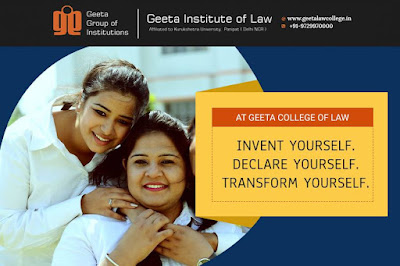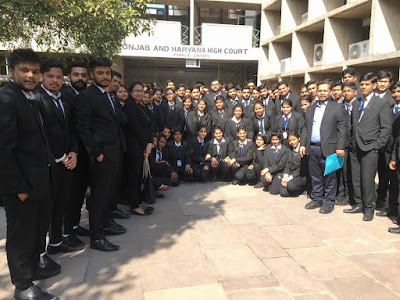‘Outcome-based' education is commonly recognized to be a values-based style of education as opposed to a focus on knowledge and basic skills proficiency. Nevertheless, OBE attempts to create, plan, organize and design an educational curricula around “what is essential for all students to be able to do successfully” later in their life experiences. The similarity of definitions provided suggests that there is a common understanding of how to define OBE. However, the same amount of clarity is needed in order to be effectively implemented.
OBE is intended to cover the aims of the system and what happens in classrooms. The viewpoint of this type of education is strictly future oriented. It focuses how the students should turn out at the end of the education. Identifying these outcomes makes it possible to go on for the further specifications.
Links to Mastery Learning:
OBE lays emphasis on the successful learning of all the students to pave a way towards the achievement of effective outcomes. Such outcomes will set students up for productive lives presents an optimistic outlook for an education system. Top LLB College in Delhi NCR who accept the OBE philosophy begin by involving teachers, parents, citizens, and students in establishing the outcomes students are to demonstrate.
These outcomes may be conventional and sometimes may include number of other outcomes, such as ability to communicate in a variety of forms, or the ability to perform life roles. When outcomes have been recognized, educators should now design the curriculum to provide students about the knowledge and skills required to demonstrate the outcomes.
Number of situations exists where the outcomes will be such that they can be assessed only with performance assessment, not conventional tests, so the school's assessment processes will need to be different. Finally, Top LLB College in Delhi NCR needs to examine and rectify every other aspect to determine the needed amendments.
Institutions now consider the outcomes-based approach of teaching and learning as an effective way to assure high quality education especially in every sector by motivating the students. It also put efforts on a target-oriented approach of curriculum design in order to provide a management based system to assess the quality of the curriculum and the teaching.





